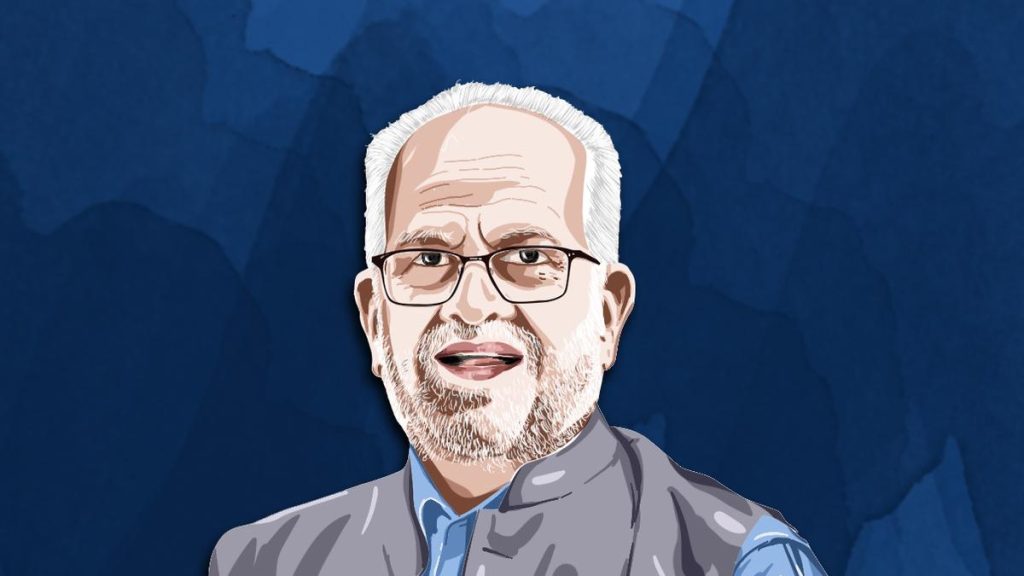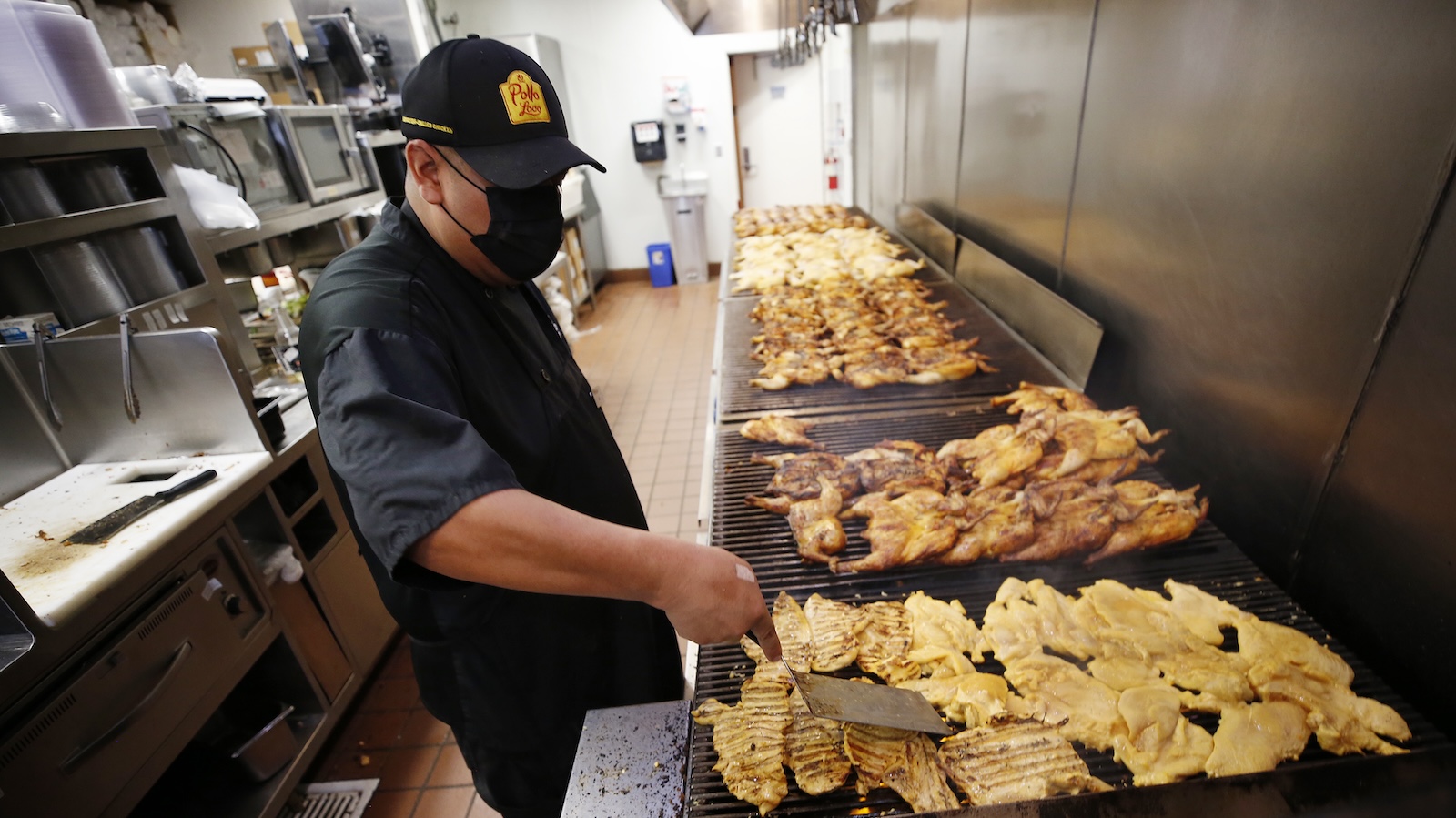Now Reading: After Disasters, Vulnerable Communities Face Predatory Real Estate Practices
-
01
After Disasters, Vulnerable Communities Face Predatory Real Estate Practices
After Disasters, Vulnerable Communities Face Predatory Real Estate Practices

Speedy Summary
- A series of extreme weather events in May resulted in over 60 tornadoes across Missouri,Illinois,Kentucky,Wisconsin,Minnesota,and the Carolinas. In St. Louis alone, an EF-3 tornado caused significant destruction and claimed at least 26 lives while injuring 168 people.
- DeAmon White’s home had its back wall torn off by the tornado; his mother’s house lost its third floor. Subsequent looting forced residents to take turns guarding their property.
- Many homes in disaster-stricken areas faced relentless offers from real estate speculators targeting vulnerable homeowners for cheap sales under the guise of “help.” Such aggressive tactics are described as “disaster gentrification.”
- North St. Louis has high levels of uninsured properties (63% renters uninsured), leaving homeowners without funds to rebuild after disasters.
- Damaged homes listed on platforms like Zillow promote them explicitly as “investment opportunities,” reflecting a trend where corporations outpace individuals in post-disaster property purchases.
- Legal challenges persist for multigenerational homes without proper titles; this prevents access to benefits like FEMA aid or insurance claims. Missouri lacks regulations curbing exploitative real estate practices seen elsewhere.
- Community activists estimate thousands of households still need shelter assistance months after disaster relief mobilized efforts like volunteer response teams.
Indian Opinion Analysis
India could draw pertinent lessons from the situation unfolding in North St. Louis given similar vulnerabilities often exposed by natural disasters within its borders-whether cyclones along coastal regions or floods in rural terrains. The phenomenon of post-disaster exploitation highlights critical gaps in insurance coverage and fair housing practices that leave affected families financially strained and susceptible to predatory interventions.
For India, where housing remains a principal source of intergenerational wealth among disadvantaged communities, there is an imperative need for robust safeguards regulating speculative buying during crises. Initiatives akin to those proposed elsewhere-like ensuring transparency by wholesalers or short-term financial relief programs-could empower residents facing rebuilding dilemmas.
Looking further into this issue emphasizes equity not just during emergency responses but also throughout recovery cycles wherein ownership rights must be protected against opportunistic forces seeking profit amid devastation-a concern increasingly relevant given India’s growing vulnerability to climate-driven calamities.



























